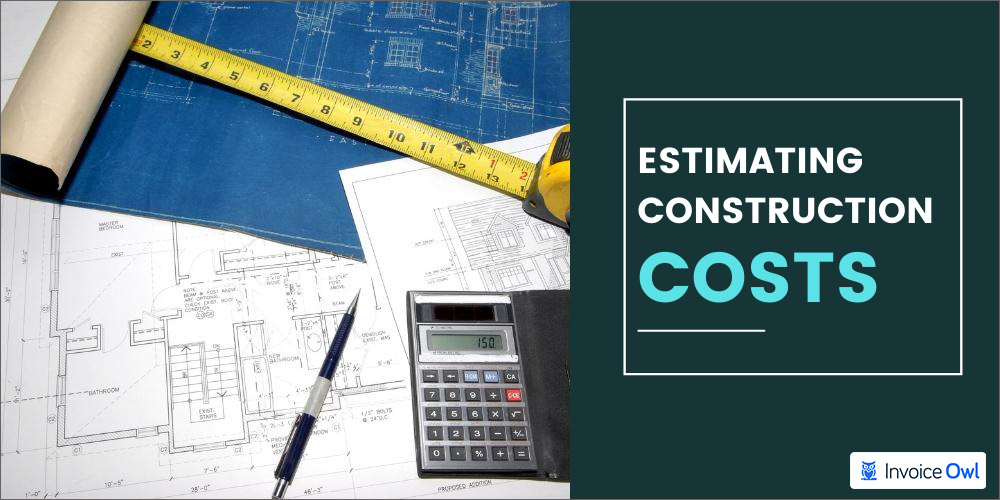In the changing landscape of the construction industry, estimators are emerging as key players shaping the future of how buildings are planned and constructed, as well as how they are budgeted and delivered. Their knowledge extends far beyond crunching. They are strategic players who influence major decisions from concept to completion. As projects grow in complexity and complexity, the importance of buildings costs estimator is becoming more crucial for achieving successful results.

Estimators are responsible for analyzing the project's specifications and design plans, as well as the material requirements and labor requirements in order to produce accurate and realistic cost estimates. They form the financial base on which construction plans are based. Through their knowledge, stakeholders can evaluate project potential, secure funding and make informed choices early in the process of development.
One of the main ways that estimators can influence their future construction is by promoting financial transparency and accountability. Accurate estimates ensure that budgets are grounded in real-time data, thus reducing the risk of overspending or mismanagement of resources. A high level of accuracy allows project managers to evaluate options, prioritize features, and reduce costs without sacrificing quality.
As the business sector embraces technological advances estimation professionals are becoming more technologically adept. The use of building information modeling (BIM), digital takeoff tools, as well as Cost estimation programs have revolutionized the way they work. These tools enable real-time adjustments, collaboration scheduling, and more precision in estimating project costs. By incorporating technologies into workflow, estimaters enhance efficiency in projects and assist teams adapt quickly to the changing environment.
In addition, estimators play an important role in ensuring sustainability. By analyzing the long-term costs of materials, energy use and maintenance They assist in making decision-making in design that leads to sustainable and environmentally-friendly structures. Their ability to assess the initial investment as well as life-cycle value supports the growing demand for green building practices.
Collaboration is another area where estimators have made a significant impact. They usually work with engineers, architects, contractors, and the project manager to make sure there is that there is a clear alignment between the vision of the designer and financial goals. This approach is efficient and reduces the time spent, reduces design revisions, and keeps the project on track.
In the end the estimators aren't just behind-the-scenes contributors--they are strategic professionals in the forefront of future building construction. Their ability to balance innovation, cost and constructability is vital in delivering projects that exceed expectations and endure for the long haul. As construction continues to change, the insights and skills of professional estimators will remain essential to build smarter, more efficient, and more sustainable structures.
